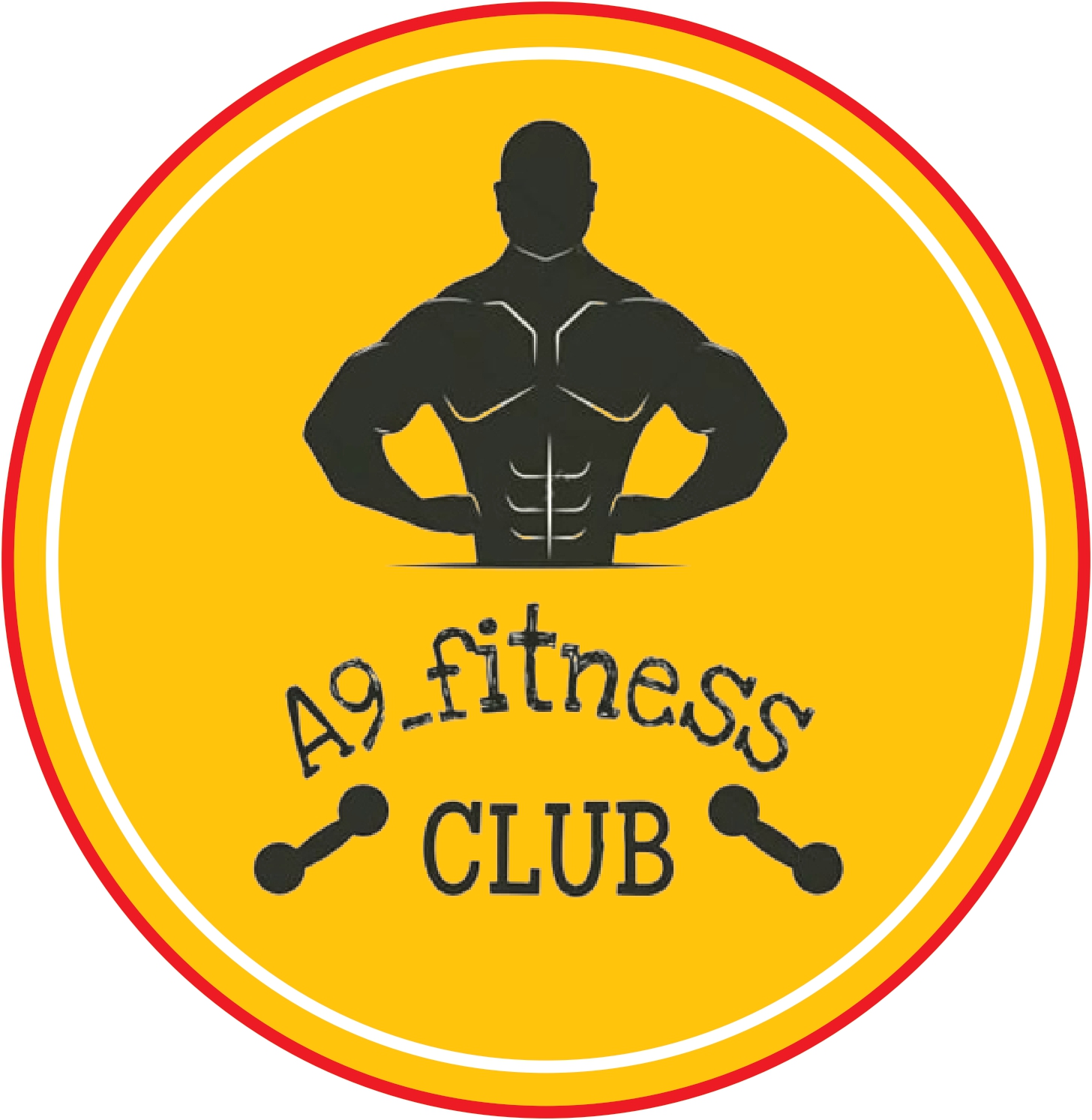Rehab Your Back With This Top Exercises
In general, pain the low back can be categorized into one of two categories; neurogenic or muscular/joint-related. The nerve-related pain is almost always due to an issue with a lumbar disc or the nerve roots that exit the spine and travel to distant regions of the body. When you have nerve-related pain it is always best to get examined by a doctor to confirm and then form a treatment plan specific to resolving the issue.
The irony of low back pain is that most of the time the pain you feel is simply a symptom of a bigger issue somewhere else. For instance, the lower back should be a stable area of the body. The joints should provide very little movement in the form of rotation or side bending and the muscles should be capable of providing rigid, almost girder-like support, of this region.
This is usually the case however when the muscles of the hips below get weak…they often look to the muscles of the low back to assist. This places a demand on the lumbar paraspinal that they are simply not equipped to handle. It is then that you are likely to experience tightness or spasm that provides the stability that was compromised but in a very unhealthy and unpleasant way.
Likewise, when the hips do not maintain the mobility they need to be given their ball and socket structure, then the low back is often the area that is asked to pitch in and lend mobility. As discussed earlier, this is a problem since this area of the body is designed to be stable. The key to changing the course of your low back pain is learning how and how often to intervene before any of this happens.
This is where the reverse hyperextension exercise comes in. This is incredibly powerful because it is driven from the ground up as the kinetic chain desires. The glutes are the muscles that drive the low back instead of the other way around. Additionally, this is an exercise that can be done virtually anywhere that you can lay down and let your feet hang off the edge. I show it on a bench, a glute-ham raise, and even reference how you can easily do this on your bed each morning.
The key is initiating the contraction in the glutes as opposed to trying to lift the legs with your low back. While the hyperextension is another great way to strengthen the lower back, it is one that is likely to be more difficult (especially for those suffering from lower back pain or weakness at the moment) and less likely to be able to be performed without modifications.
Try this once or twice a day, aiming for 10-12 high-quality repetitions. Don’t worry about racking up more and more reps here. The key is that you only do ones that you can control and be sure you are initiating the right way with the glutes rather than the low back muscles.






Please do not enter any spam link in comment box. ConversionConversion EmoticonEmoticon